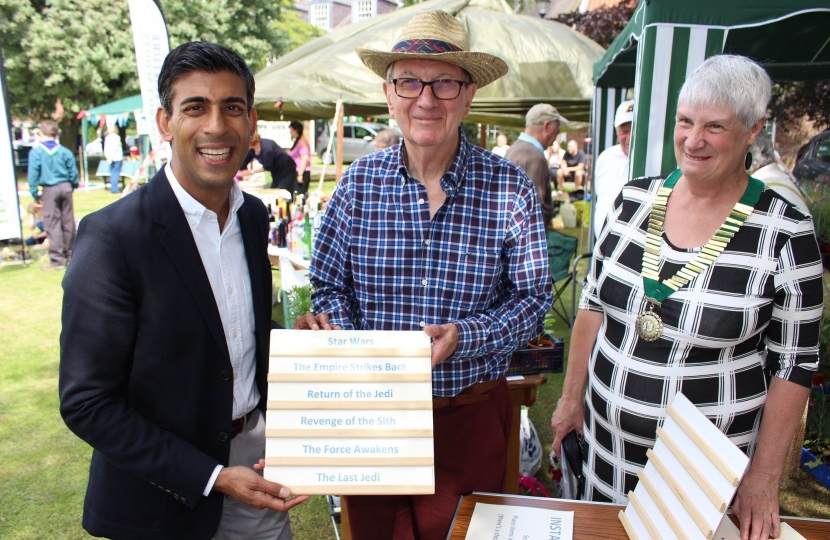
A small but very important part of my ministerial brief is overseeing the work of the Government’s Troubled Families programme.
It’s multi-million-pound targeted intervention work with families facing multiple problems, including crime, anti-social behaviour, drug use, debt, truancy, unemployment, mental health problems and domestic abuse.
Local authorities identify ‘troubled families’ in their area and usually assign a key worker to act as a single point of contact. Central Government pays local authorities by results for each family that meet set criteria or move into continuous employment.
The aim is to stop the downside spiral of misery which in time reduces the families’ dependence on the state to support them over the long term.
Whole family working is central to the Troubled Families approach to supporting families with complex needs. It moves away from unco-ordinated public services giving families multiple assessments, thresholds and measures, and are often engaged with just one family member and focused solely on the main presenting problem.
Instead, the whole family is involved – parents and children (and sometimes a wider network of family members), to work together to understand and overcome their multiple problems.
Here in North Yorkshire a new Prevention Service using Troubled Families funding has been established. This has contributed to a significant reduction in referrals into children’s social care. North Yorkshire has used the programme’s principles and approach to bring together a range of services: Jobcentre Plus, youth justice and health are co-located in local teams to ensure services are coordinated and provide timely support to families.
Overall in North Yorkshire, of the 2,311 families receiving help under the Troubled families programme in December last year almost half were making significant and sustained progress according to range of evaluation criteria such as finding continuous employment.
It is one of the best performances in the country and one of my tasks is to examine how to spread best practice like this. A significant amount of public money (almost £1.5bn will have been spent on it by 2020) is going into the programme so effective evaluation is vital.
I know summer’s here when village fetes begin to fill up my diary.
Last Saturday I had the pleasure of making a return visit to Great Ayton’s annual event and the privilege of declaring it open.
It was a stunning day weather-wise and I’ve never seen so many people on the High Green and watching the parade as it made its way from Low Green. It seemed as if the whole community had turned out for what was a very special occasion - the 250th anniversary of the date Captain James Cook set sail on his first voyage of three to the Pacific Ocean.
Congratulations to the parish council, Visit Great Ayton and the many local community organisations – like the Yorkshire Cancer Research, bowls club, the history society and the WI whose stalls I had the pleasure of visiting – for what was a superb event – made complete with a Petch’s pork pie and Suggitts ice cream.
This week I’ll be in Scruton, near Northallerton, to perform the opening honours. Again, it’s a return visit and this year’s fete is part of the village’s year-long series of events to celebrate the end of the First World War and the fact that Scruton is a Thankful Village (ie one that suffered no casualties among its citizens who served). Scruton is one of just 54 across the UK. I hope to see some of you there from Saturday at 1.30pm.
